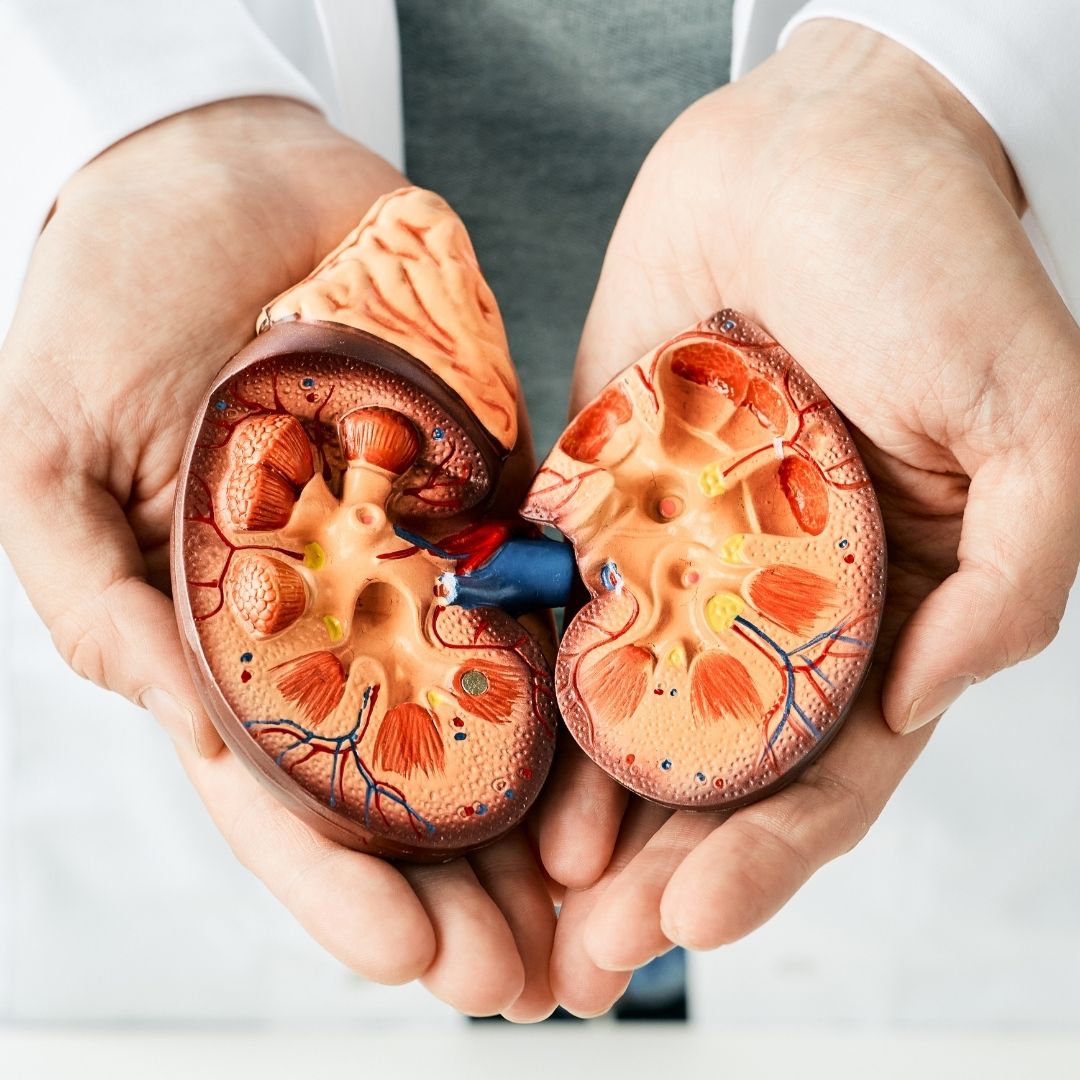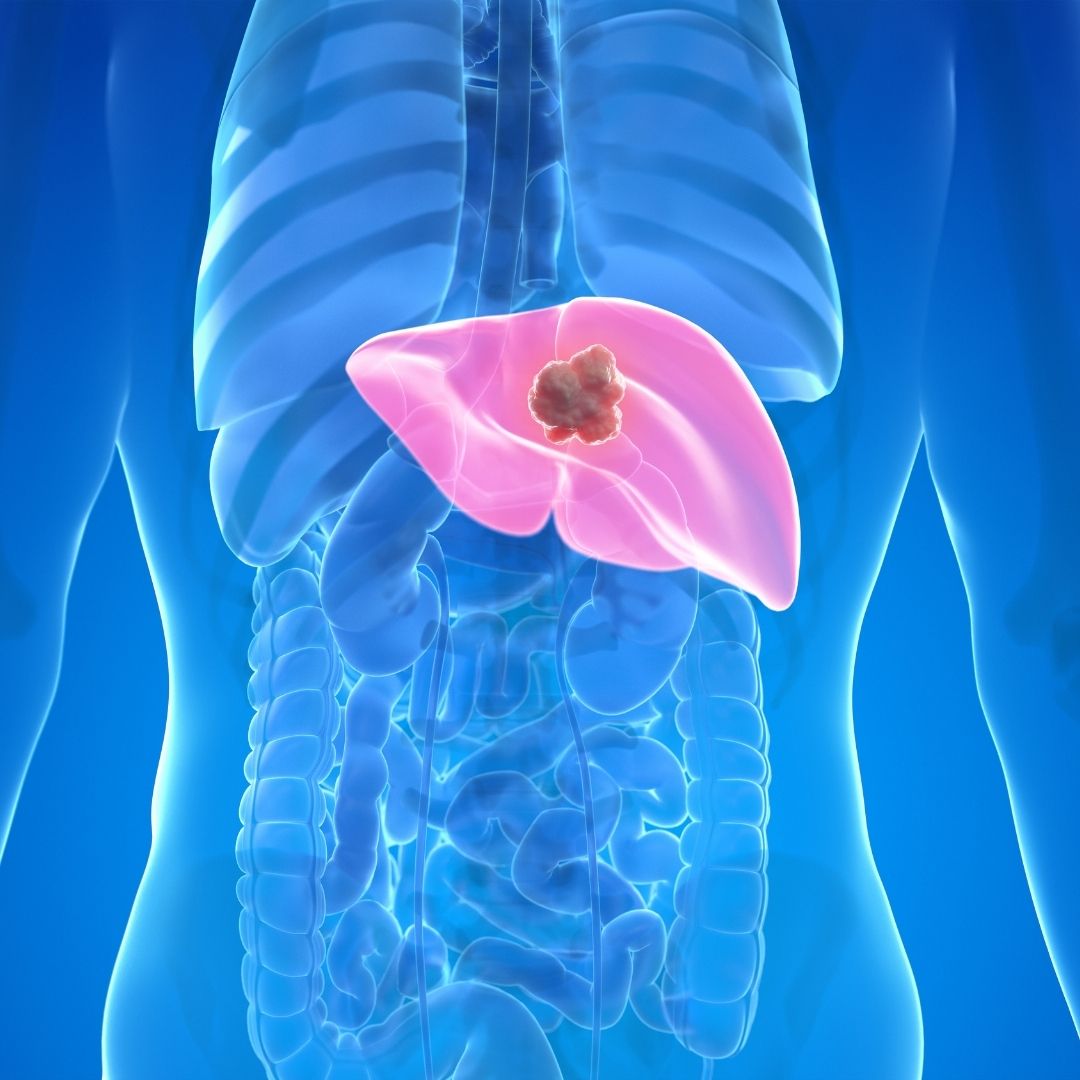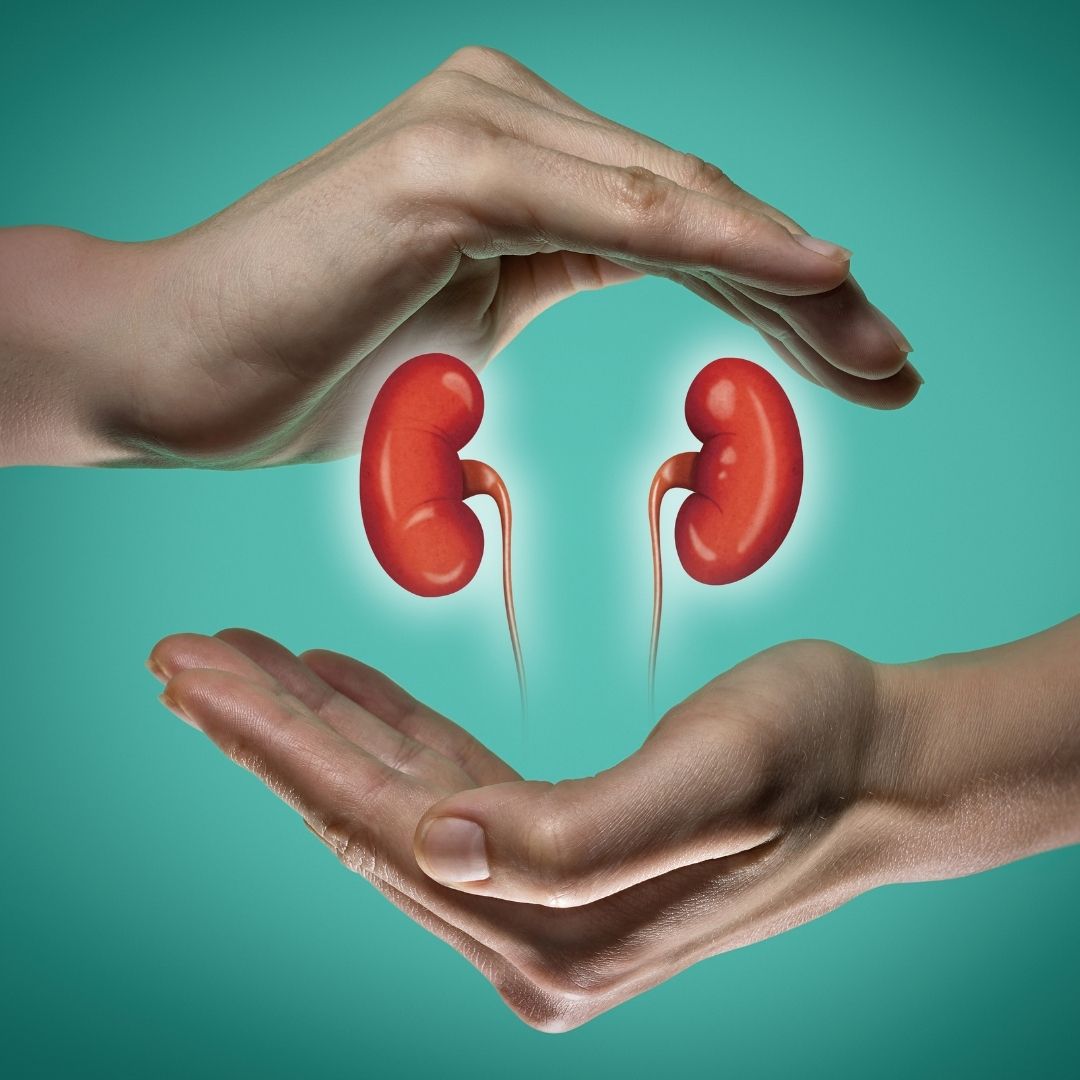
Hemodialysis vs Peritoneal Dialysis
When your kidneys fail to function properly, dialysis can become necessary to remove waste and excess water from your blood. Dialysis is a treatment that can help you live a long and healthy life despite kidney failure.
There are two types of dialysis: hemodialysis and peritoneal dialysis. Each type has its advantages and disadvantages, and it’s essential to understand which option is right for you. In this article, we will discuss the differences between hemodialysis and peritoneal dialysis, their pros and cons, and how to decide which one is the best for you.
What is Hemodialysis?
Hemodialysis is a medical treatment in which your blood is filtered outside your body using a machine. During hemodialysis, your blood flows through a special filter called a dialyzer, which removes waste, extra fluids, and toxins from your blood. Hemodialysis typically takes about four hours and is done three times a week at a dialysis center. The procedure is performed by a healthcare professional who inserts a needle into a vein in your arm or leg to access your blood.
Hemodialysis has many benefits. It is a highly effective treatment that can help improve your quality of life. During hemodialysis, your blood is filtered more thoroughly than it is by your kidneys, which can help you feel better and reduce the symptoms of kidney failure. Hemodialysis also allows you to eat a more varied and normal diet, which can be difficult with peritoneal dialysis.
However, there are some downsides to hemodialysis. It can be time-consuming and require you to go to a dialysis center several times a week. Additionally, hemodialysis can cause side effects such as low blood pressure, muscle cramps, and nausea.
What is Peritoneal Dialysis?
Peritoneal dialysis is a treatment that uses the lining of your abdomen to filter your blood. During peritoneal dialysis, a sterile solution called dialysate is placed into your abdomen through a catheter. The dialysate absorbs waste and excess fluids from your blood through the lining of your abdomen. After a few hours, the dialysate is drained out of your abdomen, and the process is repeated several times a day.
Peritoneal dialysis has many advantages. It can be done at home, which can be more convenient and flexible than going to a dialysis center several times a week. Peritoneal dialysis also causes fewer side effects than hemodialysis, such as low blood pressure, muscle cramps, and nausea.
Additionally, peritoneal dialysis can provide a more continuous treatment, which can be beneficial for people with certain health conditions. However, peritoneal dialysis also has some disadvantages. It requires more careful monitoring of your diet, fluid intake, and hygiene. Additionally, peritoneal dialysis can cause abdominal pain, infections, and other complications.
Which Is Better Hemodialysis Or Peritoneal Dialysis?
There is no one-size-fits-all answer to this question. The best option for you depends on several factors, including your health condition, lifestyle, and personal preferences. In general, both hemodialysis and peritoneal dialysis can be effective treatments for kidney failure. However, your healthcare provider can help you determine which one is the best for you based on your individual needs.
What Is The Main Difference Between Hemodialysis And Peritoneal Dialysis?
The main difference between hemodialysis and peritoneal dialysis is the way they filter your blood. Hemodialysis uses a machine to filter your blood outside your body, while peritoneal dialysis uses the lining of your abdomen to filter your blood.
Hemodialysis is typically done three times a week at a dialysis center, while peritoneal dialysis can be done at home several times a day. Hemodialysis is more effective at removing waste and excess fluids from your blood than peritoneal dialysis. However, peritoneal dialysis causes fewer side effects and allows for more flexibility and independence.
Which Is Expensive Peritoneal Or Hemodialysis?
The cost of peritoneal dialysis and hemodialysis can vary depending on several factors, including the location, type of treatment, and insurance coverage. In general, peritoneal dialysis is less expensive than hemodialysis, but this may not always be the case.
Peritoneal dialysis requires less expensive equipment and can be done at home, which may save money on travel costs. On the other hand, hemodialysis requires expensive equipment and trained medical professionals to perform the treatment, which can make it more expensive. However, the cost of hemodialysis may be covered by insurance, while peritoneal dialysis may not be covered by all insurance plans.
It is important to talk to your healthcare provider and insurance company to understand the cost of each treatment option and what is covered by your insurance plan. They can help you make an informed decision about which treatment is best for you based on your health condition and financial situation.
The Study of Hemodialysis vs Peritoneal Dialysis
A comprehensive study published in the New England Journal of Medicine examined the long-term survival rates of 1,000 kidney failure patients who underwent either hemodialysis or peritoneal dialysis over 10 years. The study found no significant difference in survival rates between the two groups. This research highlights that the choice between hemodialysis and peritoneal dialysis should primarily be based on individual needs and preferences, as there is no conclusive evidence to suggest that one treatment offers a longer life expectancy than the other.
Why Is Hemodialysis Preferred Over Peritoneal Dialysis?
Hemodialysis is often preferred over peritoneal dialysis for several reasons. First, hemodialysis is more effective at removing waste and excess fluids from your blood than peritoneal dialysis. Second, hemodialysis requires less careful monitoring of your diet, fluid intake, and hygiene than peritoneal dialysis.
Third, hemodialysis is more widely available and can be performed in a dialysis center by a healthcare professional. Finally, hemodialysis is covered by Medicare and most insurance plans, while peritoneal dialysis may not be covered by all insurance plans.
Do You Live Longer with Hemodialysis Or Peritoneal Dialysis?
Studies have shown that there is no significant difference in long-term survival rates between hemodialysis and peritoneal dialysis. The choice between hemodialysis and peritoneal dialysis should be based on your individual needs, preferences, and health condition, rather than on the assumption that one treatment will provide a longer life expectancy than the other.
In conclusion, choosing between hemodialysis and peritoneal dialysis is an important decision that should be made with the help of your healthcare provider. Both treatments can be effective for managing kidney failure, and the best option for you depends on several factors, including your health condition, lifestyle, and personal preferences.
Hemodialysis is more widely available and effective at removing waste and excess fluids from your blood, while peritoneal dialysis is more flexible and causes fewer side effects. Ultimately, the choice between hemodialysis and peritoneal dialysis should be based on what works best for you and your individual needs.




